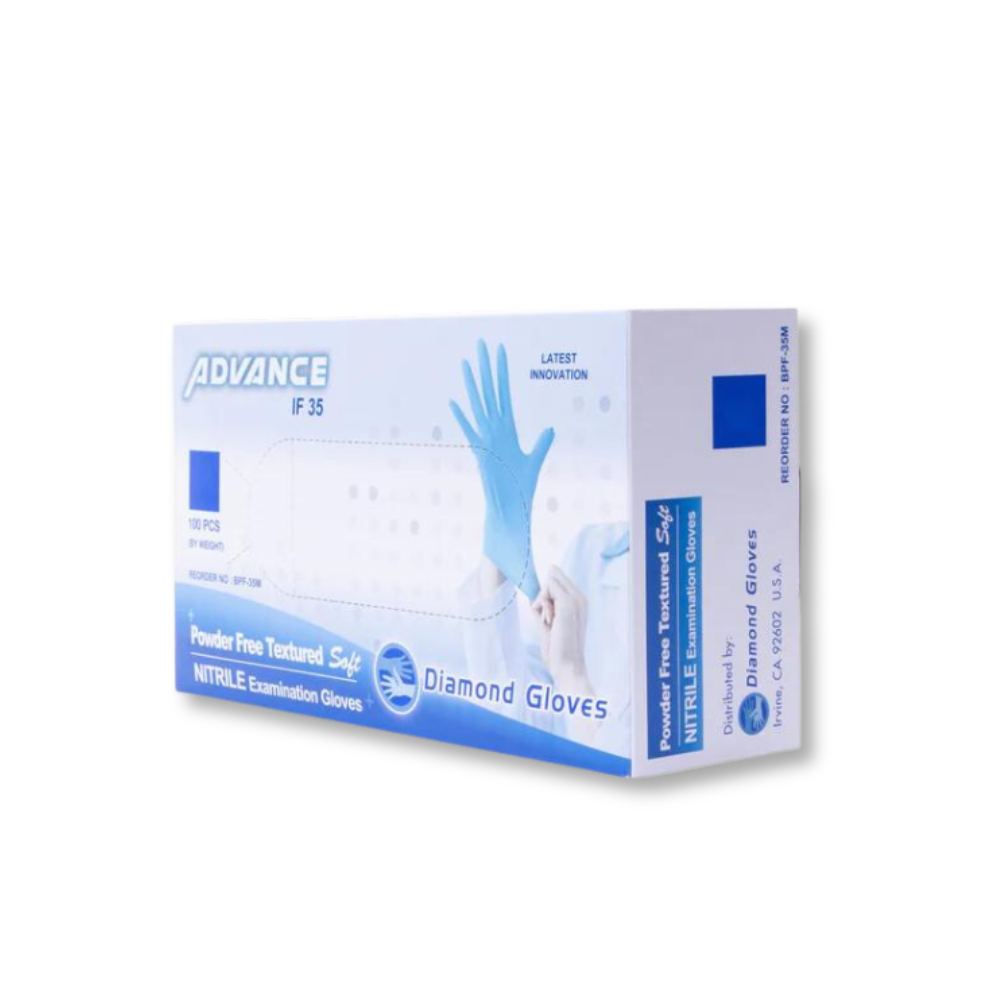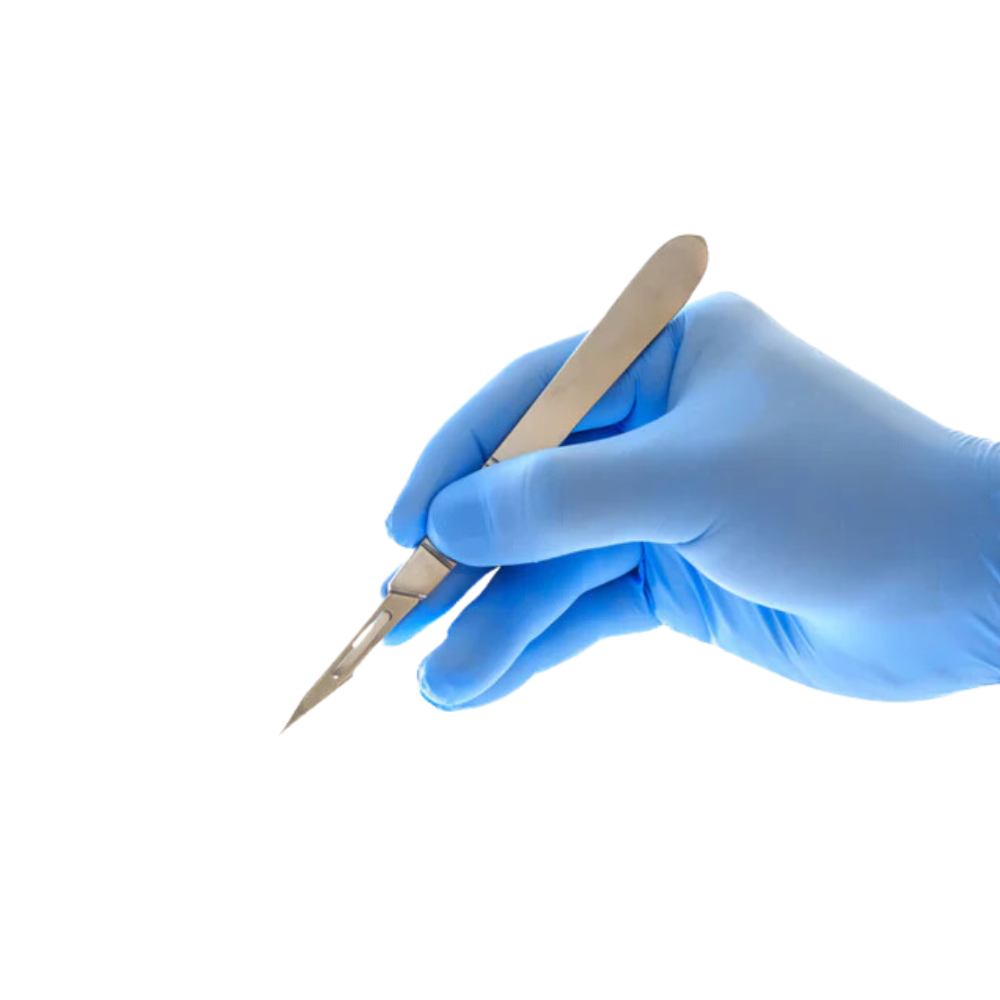Medical Gloves
1 product
Showing 1 - 1 of 1 product
Medical gloves are an essential part of personal protective equipment (PPE) in healthcare settings They provide a barrier between the wearer's hands and potentially harmful substances, protecting both the healthcare professional and the patient. Medical gloves are used in various medical procedures, including examinations, surgeries, and laboratory work.
These gloves are made from different materials such as latex, nitrile, and vinyl. Latex gloves offer excellent tactile sensitivity and flexibility but may cause allergies in some individuals. Nitrile gloves are a suitable alternative for those with latex allergies and provide good chemical resistance. Vinyl gloves are cost-effective and have a looser fit, making them comfortable for short-term use.
Medical gloves come in different sizes to ensure a proper fit and are available in both powdered and powder-free options. Powdered gloves are coated with cornstarch or other powders to make them easier to put on and remove, while powder-free gloves reduce the risk of contamination caused by powder particles.
Choosing the right type of glove is crucial to maintain safety, prevent cross-contamination, and ensure proper infection control practices. Medical professionals should consider factors such as the intended use, material preferences, and potential allergens when selecting medical gloves.
Whether in hospitals, clinics, or other healthcare settings, medical gloves play a vital role in maintaining hygiene and safeguarding the well-being of both medical professionals and patients.
These gloves are made from different materials such as latex, nitrile, and vinyl. Latex gloves offer excellent tactile sensitivity and flexibility but may cause allergies in some individuals. Nitrile gloves are a suitable alternative for those with latex allergies and provide good chemical resistance. Vinyl gloves are cost-effective and have a looser fit, making them comfortable for short-term use.
Medical gloves come in different sizes to ensure a proper fit and are available in both powdered and powder-free options. Powdered gloves are coated with cornstarch or other powders to make them easier to put on and remove, while powder-free gloves reduce the risk of contamination caused by powder particles.
Choosing the right type of glove is crucial to maintain safety, prevent cross-contamination, and ensure proper infection control practices. Medical professionals should consider factors such as the intended use, material preferences, and potential allergens when selecting medical gloves.
Whether in hospitals, clinics, or other healthcare settings, medical gloves play a vital role in maintaining hygiene and safeguarding the well-being of both medical professionals and patients.
Filters (0)


